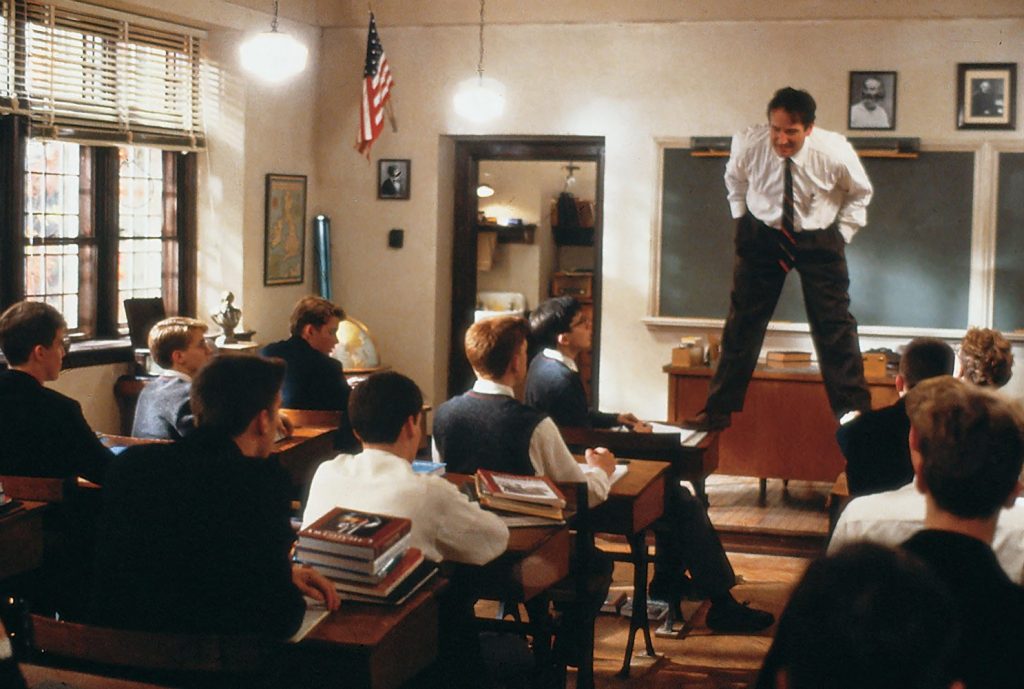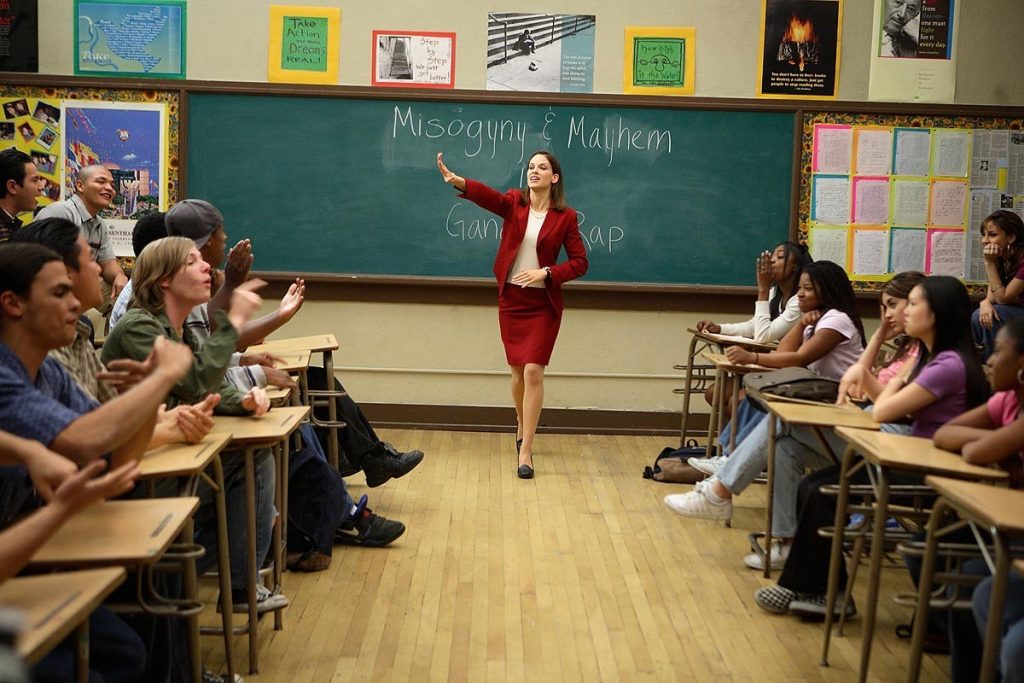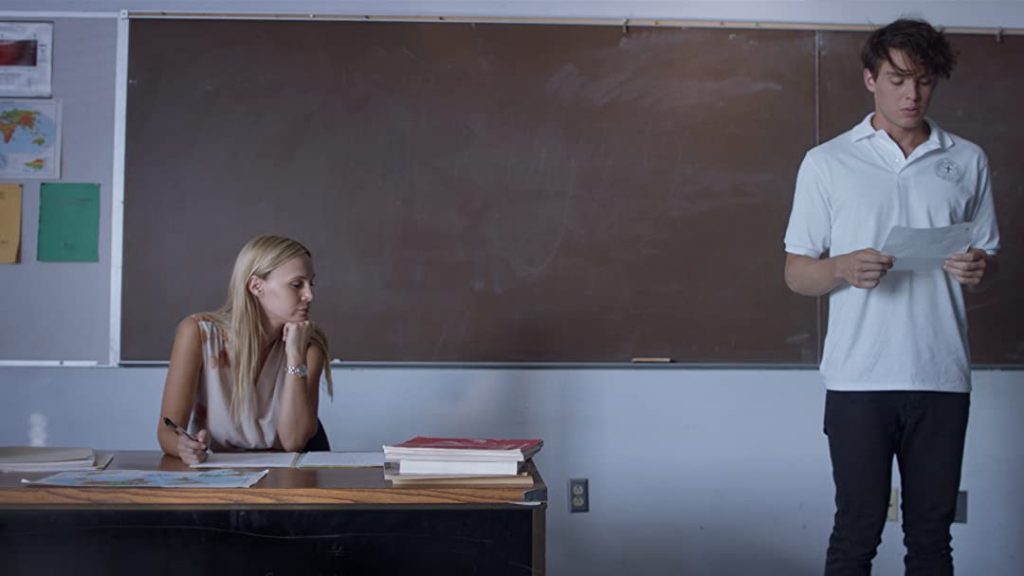Schools Are Deleveling Your Kids, Here’s What It Means
Across the country, deleveling is gaining support. Learn all about this controversial practices meant to desegregate classrooms.

There is a great push for equity in the United States, and much of that notion falls on public education. From rich to poor, gender, and race, a plethora of studies over the last few decades show a great disparity in schools. Because of this, the process of deleveling schools has been gaining traction, as many schools ditch the standard to level, or track students’ progress for placement.

To understand deleveling, first, you must understand what leveling in classrooms consists of. Leveling is the process of tracking students’ academic progress. It can be assessed by teacher evaluations, grades, tests, and standardized tests as well. Schools that enact leveling often break up classrooms depending on each student’s level of knowledge. For example, the process of assigning students to advanced classes is a common practice for this tactic.
Deleveling does exactly what it sounds like. It is a process that avoids placing students in a classroom based on their past and present abilities. At its core, the objective of this practice is to make sure every student, regardless of their current strengths and weaknesses, receives the same opportunity in education, much the same as students in advanced courses do.
Novak Education is a professional development organization that supports deleveling. Believing in inclusive and equitable conventions, Dr. Katie Novak, discusses the benefits of deleveling that she touts in her development programs for educators. A staunch advocate for inclusive classrooms, she boasts that they hold the same high standards for all students.

First and foremost, Novak argues that deleveling guides students to construct deeper goals in their education journey. To this, Novak argues that students who are placed in lower-level classrooms are predetermined to achieve lower levels of success. In retrospect, it’s the idea that if you tell a young boy he can’t play baseball before he even picks up the bat, he will already have the concept in his head that he will fail.
To refute opponents to deleveling, Novak says that deleveling still understands and accounts for the additional needs and challenges some students may have. Supporters argue that these students should still be given the same level of additional support they already receive in classrooms. However, many opposers argue that this argument fails to recognize how, and by what means, these kids receive additional support.
Deleleving is picking up steam in schools across America. Nashua High School South in New Hampshire is one such school implementing the popular practice. Within the city, data shows that minority and low-income students have perpetually been left out of AP courses. Because of this, the school uses deleveling to even the playing field for all students. Rob Greene, a freshman writing course teacher says the kids are now “stuck together.” Furthermore, Greene says, “These kids may never have been in the same room before, they may never be in the same room again. We’ve got kids who write really well, we’ve got kids who write not very well.”

Up North from Nashua, Manchester School District is also deleveling classes to desegregate students. Over a decade ago, only nine out of 600 Hispanic students were enrolled in AP courses within the district. That is now changing. David Ryan, the district superintendent says that “The days of selecting students, and saying, ‘You’re going to university, the rest of you are going to the mill’ are gone. We’re just trying to catch up to that. We think that leveling and tracking and this academic segregation process will be coming to an end sooner than people are thinking.” But while deleveling surely does desegregate, it doesn’t often correlate with increased success, which is a reason many opponents are against the practice.
Public School Review, an online resource site dedicated to evaluating pre-college educational choices for children offers insight into some of the reasons education experts, teachers, and parents are against the practice of deleveling classrooms. First of all, these adversaries to the notion say that leveling tactics –when implemented correctly –aid all students. Because of this, they say that sticking to tracking methods allows an educator to cater their lessons towards each child’s specific ability level of the students in the classroom.

For students with lower than average levels of achievement, tracking can help ascertain that each student will learn at their own pace without falling behind the class. Furthermore, while deleveleling has produced little to no concrete results, tracking has shown proof of considerable gains over years of research. It allows students that learn at a quicker pace to excel as well, which is why many argue that deleveling will only stunt the academic growth of many, and in turn segregate the academically gifted.
Whether parents, educators, and lawmakers are for or against deleveling, it is sweeping the nation, and causing a great divide. Much of this has to do with the fact that deleveling focuses on desegregation, and opponents argue that this might be another form of critical race theory. Maybe it will work, maybe it won’t. But regardless, it is happening.



